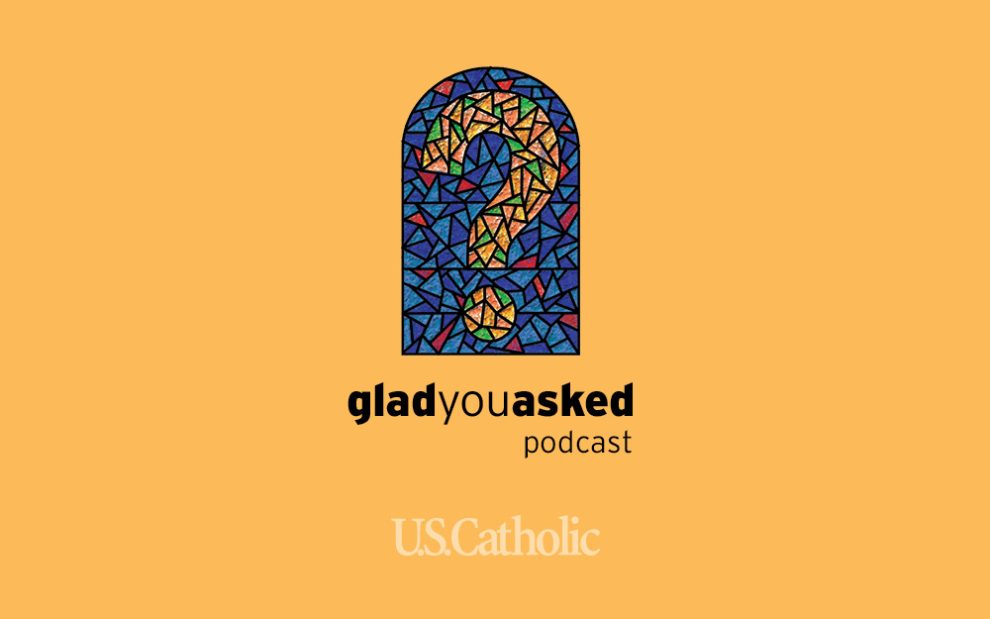Listen on: Spotify | Apple Podcasts
The tradition of churches as places of refuge for those in fear of the law goes back centuries. It figures in several popular stories set in the Middle Ages, including The Hunchback of Notre Dame (both the novel and the Disney film), and the legend of the outlaw Robin Hood. In the nineteenth century, in the United States, enslaved people sometimes took refuge in churches. Later, in the twentieth century, people escaping the draft occasionally did so as well. The tradition has endured into the twentieth century, with immigrants and refugees in the United States turning to churches for sanctuary.
In fact, in 2011, Immigration and Customs Enforcement (ICE) sent their officers a memo, telling them to avoid arresting people in “sensitive locations” such as churches, schools, and hospitals.
Now, however, the role of churches as sanctuaries has become uncertain, as the current administration has stripped churches and schools of those immigration enforcement protections.
On this episode of Glad You Asked, the hosts talk with theologian Leo Guardado about the origin and significance of the sanctuary church tradition, the legal status of sanctuary churches, and whether the magisterium of the Catholic Church officially supports this longstanding tradition. Guardado has a personal connection to this topic, as he escaped the civil war in El Salvador as a child. He has worked ecumenically in the borderlands in defense of migrant communities, and is the author of numerous articles and two books, including Church as Sanctuary: Reconstructing Refuge in an Age of Forced Displacement (Orbis Books)
You can learn more about this topic, and read some of Guarddado’s work, in these links.
- The Sanctuary Movement
- Church as Sanctuary: Reconstructing Refuge in an Age of Forced Displacement, by Leo Guardado (Orbis Books)
- “Churches have a long history of being safe havens — for immigrants and others,” by BIll Chappell
- “4 steps to becoming a Catholic sanctuary church,” by Melissa Walker
- “What the Birth of the Sanctuary Movement Teaches Us Today,” by Kyle Paoletta
- “Social Justice — Catholic Churches and Hospitals as Sanctuaries and Places of Refuge,” by Brian Kane, PhD
Glad You Asked is sponsored by the Claretian Missionaries USA, a congregation of Catholic priests and brothers who live and work with the most vulnerable among us. To learn more, visit claretians.org.














Add comment